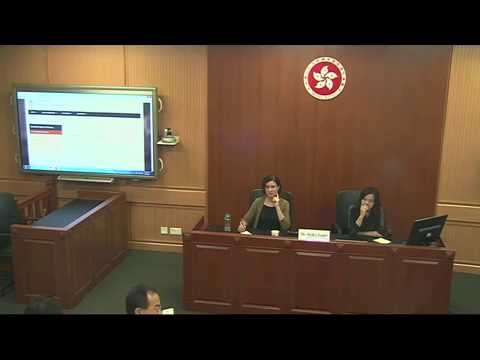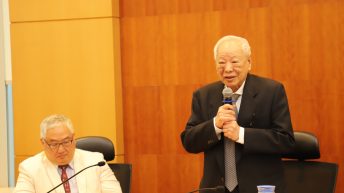Date: 07May 2015
The UN Convention on the Rights of Persons with Disabilities (CRPD) is arguably the most comprehensive of the core global human rights treaties. It requires state parties “to ensure and promote the full realization of all human rights and fundamental freedoms for all persons with disabilities” and details how specific rights apply in the disability context. By targeting external, environmental obstacles to participation (rather than focusing on individual impairment), the CRPD challenges traditional concepts of disability and helps elucidate the meaning of basic human rights principles such as equality, dignity, and inclusion. This talk reflects on China’s implementation of the CRPD to date and the roles of the Committee on the Rights of Persons with Disabilities (the treaty’s expert monitoring body), other relevant UN human rights mechanisms, and civil society.
The speaker also shares recent initiatives undertaken by the Centre for Comparative and Public Law (CCPL) aimed at increasing and exchanging knowledge about the CRPD and supporting implementation efforts. In particular, it introduces the new Disability Rights Resource Network, an online platform that provides information and research resources on disability rights in English and Chinese to scholars, NGOs, policy-makers, and others involved in the field.
Kelley Loper is Director of the LL.M in Human Rights Programme, Deputy Director of the Centre for Comparative and Public Law (CCPL), and Co-Editor-in-Chief of the Asia-Pacific Journal on Human Rights and the Law. She is a member of the Advisory Committee of Justice Centre Hong Kong and has also advised a number of international and local organizations including the UNHCR, UN Women, Amnesty International, and the Hong Kong Human Rights Monitor on a range of human rights issues.




